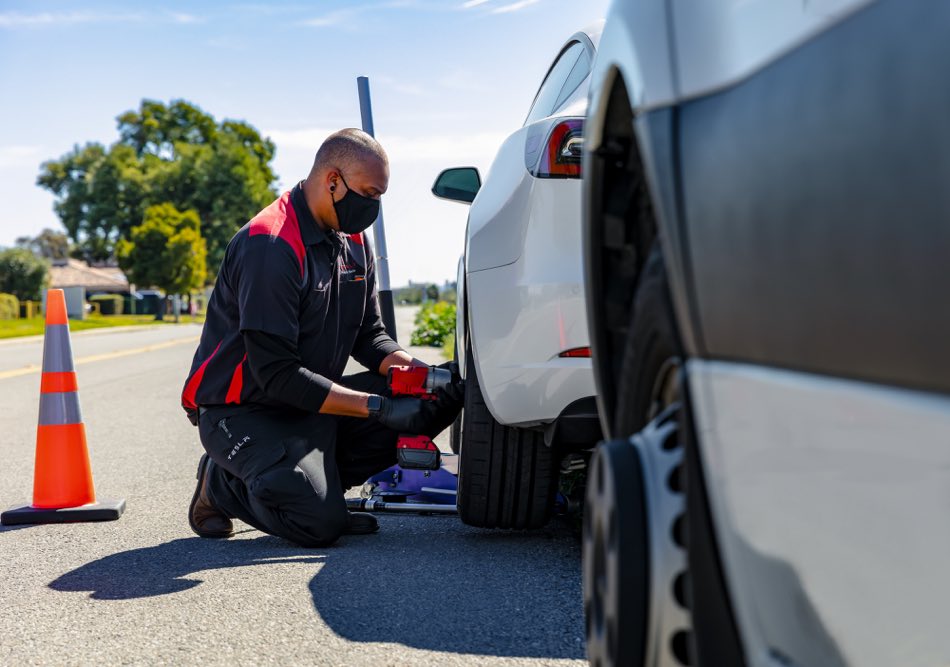Service challenges for all-electric vehicle manufacturers exist, as companies like Tesla, Rivian, and Polestar solely focus on producing and selling electric vehicles, leaving them with limited resources and efforts to provide maintenance services to their customers. Despite being relatively new, these companies need to address this issue to ensure the satisfaction and safety of their customers.
What are all-electric vehicle manufacturers?
Companies like Tesla are known as all-electric vehicle manufacturers, which means they solely focus on manufacturing, selling, and supporting electric vehicles. Unlike traditional car manufacturers, pure-play companies only concentrate on one aspect – electric vehicles. These all-electric vehicle manufacturers are relatively new and growing, with most being less than 20 years old. On the other hand, traditional automotive manufacturers that are transitioning towards electric vehicles are established companies that have been operating profitable internal combustion vehicle businesses. They are using their profits to fund their transition to EVs. However, this balancing act of operating two businesses (internal combustion and EV) brings both benefits and challenges, which we will discuss later.
Why is EV service important?
The rise of electric vehicles has revolutionized the automotive industry, but there are some downsides to this new technology. One of the biggest challenges faced by all-electric vehicle manufacturers is establishing a support system for their vehicles, specifically in servicing and maintenance.
Limited service center network
Compared to traditional automakers, all-electric vehicle manufacturers have a limited number of service centers available. Tesla, as the largest all-electric manufacturer, only has 184 locations across the USA. To compensate for this, all-electric EV makers offer mobile technicians who can come to you for service. While this may be convenient, scheduling an appointment with a mobile technician can be challenging.
On the other hand, traditional automaker Ford, who has recently entered the EV market, has an established service network with 2,700 EV-certified service centers across the USA. This gives them a significant advantage in providing support for their vehicles.
It is important to note that all-electric car manufacturers often have a smaller service center network compared to traditional automakers. This could pose difficulties for customers, especially those living in rural areas who need their cars serviced.
Challenges a small service network
Owners of electric vehicles from a manufacturer that only produces electric vehicles may face these service challenges.
- All-electric vehicle manufacturers have fewer service centers than traditional automakers, leading to potential service delays and less precise repairs.
- Electric vehicle manufacturers may charge higher prices for parts due to smaller production quantities and lack of economies of scale.
- Electric car manufacturers may provide more limited service appointment availability compared to traditional automakers due to a smaller service network and high demand.
To learn more and find the right electric vehicle based on your specific needs, visit Electric Driver and use our needs-based search tool.
